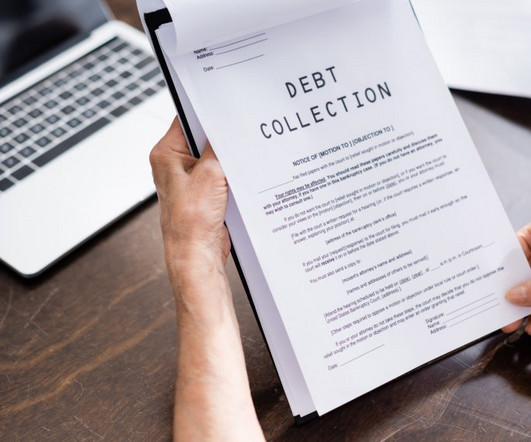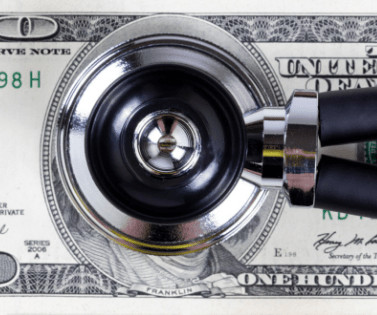Can a Collection Agency Report to the Credit Bureau Without Notifying You?
Credit Corp
NOVEMBER 9, 2020
The Fair Debt Collection Practices Act is a federal law that protects consumers against certain unfair collection practices. It applies to only external or third-party debt collectors and only for personal debts. It does not come into play for creditors collecting their own debts.


















Let's personalize your content